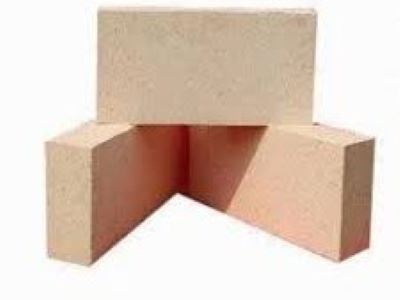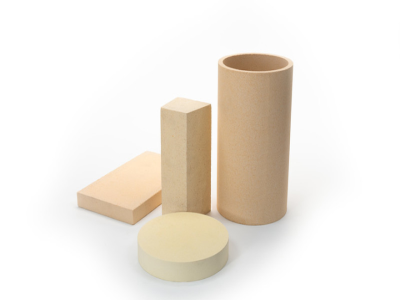Address
Building 1, Zone 1, Greenland Binhu International City, Zhengzhou, Henan, China
Work Hours
Monday to Friday: 9AM - 7PM
Weekend: 10AM - 6PM
Address
Building 1, Zone 1, Greenland Binhu International City, Zhengzhou, Henan, China
Work Hours
Monday to Friday: 9AM - 7PM
Weekend: 10AM - 6PM
Zircon bricks are an important refractory material, widely used in high-temperature applications such as steel and chemical industries. They offer excellent high-temperature resistance, chemical stability, and strong thermal shock resistance, enabling them to perform effectively under many extreme working conditions.
Of course, proper use and maintenance of zircon bricks are crucial to ensuring their full performance.

Select the appropriate type according to the actual working conditions (such as temperature and medium corrosiveness). High-purity zircon bricks are suitable for high-temperature and highly corrosive environments (such as steel smelting furnace linings); ordinary types can be used in relatively mild environments.
Installation is a critical step. Ensure uniform gaps between bricks to avoid thermal stress concentration that could lead to cracks or loss. Lay bricks in the direction of the heat load to ensure a tight fit between the bricks and the furnace wall, with no gaps.
Before installation, strictly inspect the bricks for integrity and remove any cracked or defective bricks.
Although zircon bricks are heat-resistant, rapid heating can easily lead to cracks due to uneven thermal expansion.

Therefore, it’s crucial to follow a reasonable heating schedule to avoid sudden temperature changes. Especially during initial use, the temperature should be raised slowly to allow the bricks to gradually acclimate to the high-temperature environment.
Although zircon bricks are chemically stable, they can still be damaged by prolonged contact with highly corrosive substances (such as acidic and alkaline gases and molten metals).
Therefore, contact should be minimized during use, and protective measures (such as adding an anti-corrosion coating or insulation layer) should be implemented when necessary.
High temperatures, corrosion, and thermal shock can all damage bricks. Therefore, bricks should be regularly inspected for cracks, loosening, and structural damage. Any problems should be repaired or replaced promptly.
Also, attention should be paid to controlling the ambient atmosphere (e.g., avoiding strong oxidizing atmospheres) to extend service life.
Store bricks in a dry, well-ventilated area, avoiding moisture and excessive stacking. Ensure packaging is intact during transportation to prevent damage. Store away from acidic or alkaline substances to prevent surface corrosion.
In short, understanding the key points of zircon brick selection, installation, temperature control, corrosion prevention, maintenance, storage, and transportation is essential to ensuring performance, extending lifespan, and ensuring safe and stable equipment operation.
Only by strictly adhering to these precautions can the advantages of zircon bricks as a high-quality refractory material be maximized.